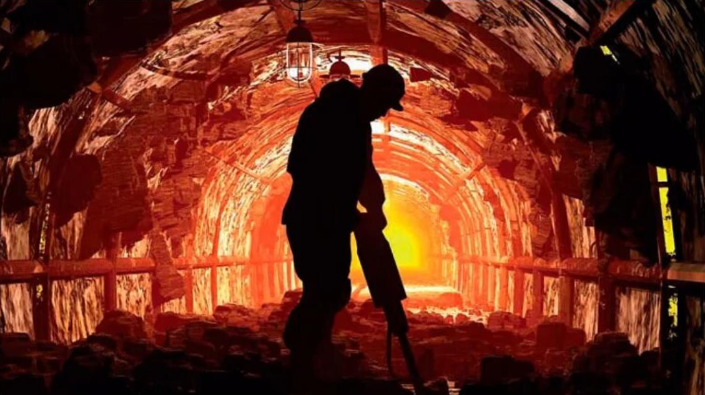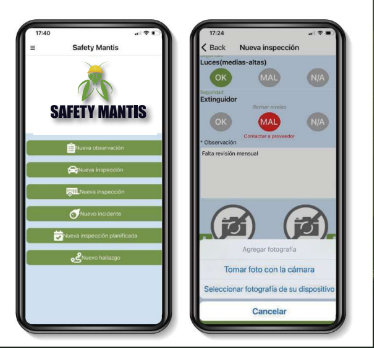Lead and other heavy metals
.Learn more about lead and other heavy metals, and what you can do to reduce your exposure on the job.
What are heavy metals?
Heavy metals are a group of chemical elements that have a high density and that in general they are very toxic for human beings. Some examples of heavy metals are:
- Lead
- Cadmium
- Cobalt
- Mercury
Why should I care about this exposure?
- Adults and children can become seriously ill when they have a large amount of heavy metals in their bodies and in many cases these can accumulate.
- If you have heavy metals in your body, the metals can get into your breast milk. When your baby drinks from your breast milk, heavy metals will enter your baby's body.
Exposure is more common in people who work in:
- Home construction or renovation
- Mining
- Shooting ranges or performing targeted shots, like law enforcement officers
- Foundry
- stained glass or stained glass
- Recycling of batteries or electronics
- Welding
- Art

what we don't know
- We don't know what causes most pregnancy or brain development problems. If you are exposed to heavy metals and have a problem with your pregnancy, we often cannot tell if it was caused by heavy metals or something else.
- We do not know what levels of exposure to heavy metals are safe. Try to reduce and eliminate your exposure as much as possible.
What can I do to reduce or eliminate my exposure?
- At work, metals can enter your body by breathing in dust or fumes, or by swallowing them (if you touch metals and don't wash your hands before eating). Wash your hands before leaving work and before eating or smoking.
- Avoid bringing heavy metals into your car or home by changing your clothes and shoes before entering your home. learn more about occupational exposures with consequences at home.
- Use personal protective equipment such as gloves, protective clothing, or respirators. Respirators are sometimes used to reduce the amount of certain chemicals that workers breathe. To be effective, respirators must be worn correctly. If you are pregnant and using a respirator, learn more about respirators and pregnancy. Talk to your doctor and your employer about the types of personal protective equipment you need for your job.
- If you work with lead and are pregnant or nursing, ask your doctor if you should have a blood lead test.
¿Where can i get more information?
- Talk to your doctor about your job. Your doctor can give you information about avoiding exposure to heavy metals.
- learn more about The Lead.
- learn more about heavy metals.
- Read the guidelines for healthcare professionals on lead and pregnancy/breastfeeding (in English).
Comment: Currently, in countries like Ecuador, large-scale mining is growing, in this productive sector more and more young women are joining the work as operational workers, for this reason it is important to raise awareness regarding exposure to heavy metals as raw materials or residues from production processes that constitute a latent teratogenic risk, the identification and timely management of these heavy metals will avoid in the near future affectation in the reproductive and general health of this group of workers.
Reference link: https://www.cdc.gov/spanish/niosh/topics/reprod/plomo.html


